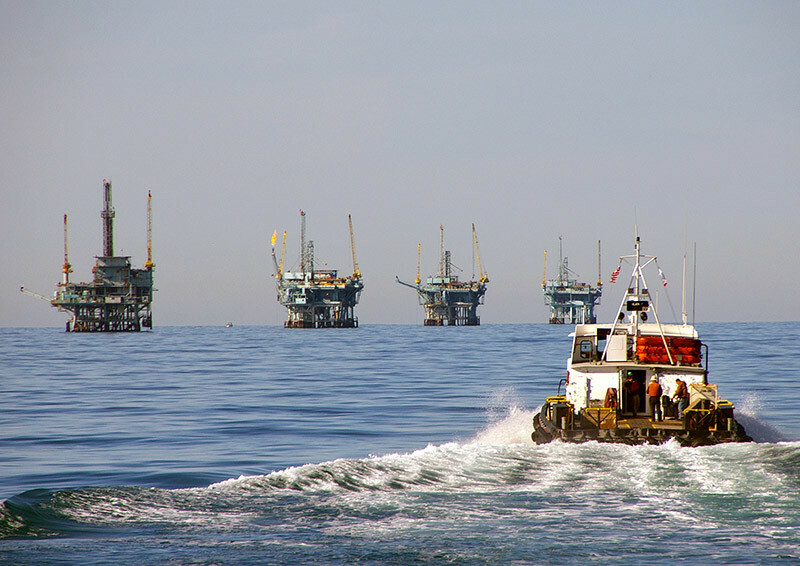A recent case from the Fifth Circuit Court of Appeals highlights a few important points about maritime liens. Ship operators are familiar with the basic concept. Liens are essentially claims that arise against a vessel when someone provides it with goods or services. This dates to the age of sail.
In the case at hand, Epic Companies was decommissioning oil platforms on the Gulf of Mexico. As general contractor, Epic hired the heavy-lift vessel Nor Goliath to load large components of oil platforms onto barges. Tugs from various companies moved the barges ashore. An inland scrapyard dismantled the oil rigs.
Unfortunately, Epic went bankrupt. The tug companies sued, asserting liens against Nor Goliath under the Commercial Instruments and Maritime Liens Act (CIMLA). They argued that they were entitled to liens because their services amounted to “necessaries.”
Under CIMLA, someone providing necessaries to a vessel upon orders from the owner has a maritime lien on the vessel. They could bring a civil action to enforce the lien. Necessaries include repairs, supplies, towage, use of drydocks, or marine railways.
The trial court ruled for Nor Goliath on the validity of the liens. On appeal, the higher court also ruled in Nor Goliath’s favor. The courts looked at necessaries as things that a prudent owner provides to a vessel to perform the functions for which it is engaged. In analyzing “function,” the tug companies made argued that Nor Goliath’s specific function was the entirety of the decommissioning process. But the court saw Epic as the one with the specific goal of decommissioning the wells.
The tug companies also argued that their services were a necessary for Nor Goliath’s particular function. The court disagreed. It referred to a case where gasoline was not considered a necessary for a vessel just because the vessel transported the gasoline. (Martin Energy Services LLC v. M/V Bourbon Petrel) It would be different if a vessel was using the gasoline, not just carrying it.
The third argument made by the tug companies was that the decommissioning project would have come to a halt without the tugs moving the barges. As such, Nor Goliath indirectly benefitted from the towing of the barges. Again, the court rejected this reasoning to enforce the lien.
This shows that liens are powerful tools in maritime law. However, in complex settings involving multiple parties and insolvencies, courts could look closely at the relationships and roles of everyone involved.




